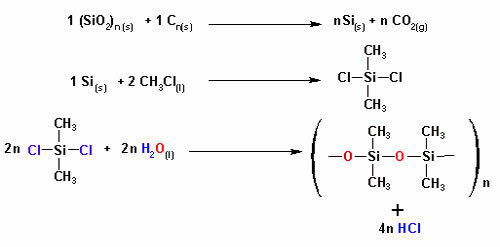A rarity was recently found in the Latin America and it is something surprising. The National Institute of Biodiversity (Inabio) in Ecuador carried out the discovery together with the Universities Técnica Particular de Loja (TPL) and two researchers from Belgium, Leuven and Lieja. In a national park in Ecuador, researchers found an antibacterial mushroom.
The discovery, according to the researchers, is capable of treating pneumonia, meningitis and diarrhea bacteria. It is a Gloeocystidiellum lojanense, similar to the corticosteroid. Allied against Escherichia coli (E.coli), it was found in Cajanuma, south of Ecuador, in a biodiversity reserve of Loja.
see more
8 signs that show that anxiety was present in your…
School director intervenes delicately when noticing a student wearing a cap in…
antibacterial mushroom
In publishing the scientific results, researchers Cony Decock, Juan Pablo Suárez, Andrea Jaramillo-Riofrío, Darío Cruz, Ángel Benítez and Gabriel Castillo reported that the species demonstrated antibacterial against E.coli. By inhibiting the bacteria with the mushroom, they identified that “it can be attributed to the fact that these strains of E.coli are less virulent and resistant”, they informed.
“Bacterial resistance to antibiotics increases infection rates, as, for example, Gram-negative bacteria affect (61.3%) of cases, Gram-positive (3.8%), yeasts 2% and other strains (1.9%), mainly in developing countries", informing that micro-organisms similar to bacteria, viruses and mushrooms can be major health causes public.
The research also indicated that these are the bacteria that cause the most health problems in general. “It is the largest and most heterogeneous group of clinical importance causing infections in humans, mainly by genera such as Citrobacter, Enterobacter, Escherichia, Klebsiella, Proteus, Serratia, Shigella and Salmonella.”
Among the most infections caused, a total of 80%, are those that cause meningitis, pneumonia, diarrhea and affect the urinary tract. Potentially, the discovery of antibacterial mushrooms is considered very important.
“Mushrooms constitute a promising group of interest for the search for bioactive compounds, in addition to being a very diverse, with an estimate between 1.5 million and 5 million, of which only a small portion (100,000) has been described. search.


